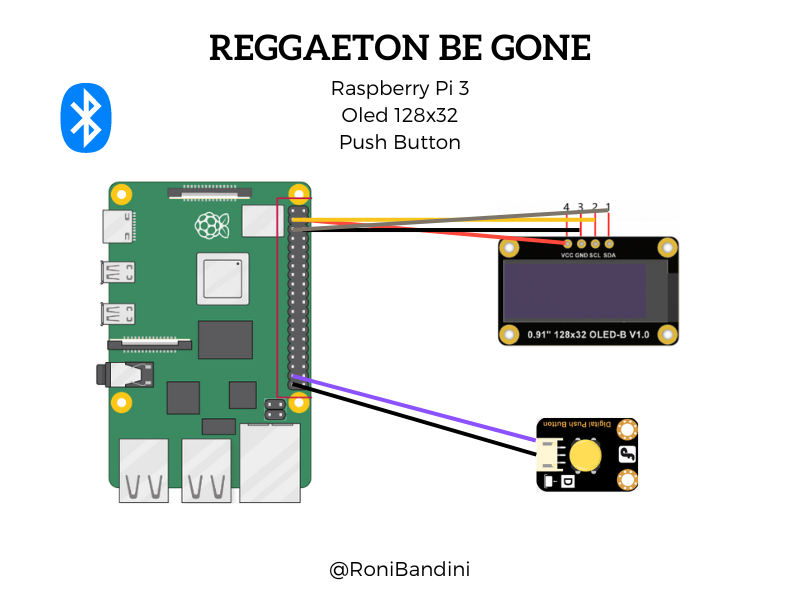Coinbase is pulling the rug right now.
Check their sub and witness the fire.
Update:
They are now excusing it all with this error.
Update 2:
I argue it is fully artificial override since when loading the webpage it does momentarily flicker your true asset value and it gets then updated to zero when page finishes loading, even after one purges the browser data. So their data comes through, it is just forced to go zero to disable trading. I wait to be debunked. I do have some funds over there purely for science.
Update 3:
I now see my assets again after 70 minutes since the initial downtime began, missing a lot of “valuable” volatility.
Trading is still disabled though.
And in particular BTC-USD advanced trading doesn’t seem to load whatsoever.
Update 4:
Mainstream seems to be making articles now to ensure people their assets are all “wasted” yet safe.
https://www.bnnbloomberg.ca/coinbase-tells-users-your-assets-are-safe-as-some-see-0-balance-1.2040524…issues with Coinbase may have more significance these days, considering the outsized role the company plays in helping to manage the new spot-Bitcoin ETFs. Coinbase provides a variety of services to the fund issuers, including serving as custodian for eight of the 10 spot Bitcoin ETFs.
Basically trading from Coinbase has been suspended now that BTC is flying up. A bit like how Robin Hood and a few other traders stopped people from selling Gamestop when it flew up.



 […]
[…]